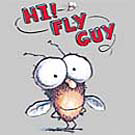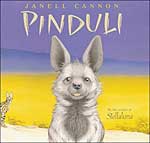Find the Best Children's Books
Matched to Your Child's Reading Ability

Spark a love of reading and learning with the best
children's books! We are a group of school teachers and we have created this website to spread the word about
the very best books available for kids -- the books we use with our students everyday in our own classrooms and books that other teachers and parents use with their kids.
With over 30,000 children's books published every
year, who has time to sift
through them all to find the best ones? Luckily
you don't have to. That's why we created this site. Our lists of the best children's books -- sorted by grade or reading level or topic -- make
the best books just a few clicks away.
Search by your child's age / grade level
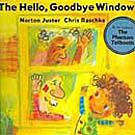
Kindergarten
books to read
with help
books that
1st graders
can read
books that
2nd graders
can read
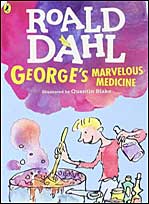
books that
3rd graders
should read
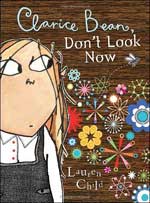
books for
4th & 5th graders
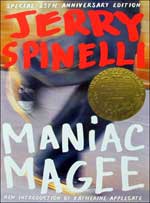
books for
6th, 7th & 8th
graders
Search by a reading leveling system
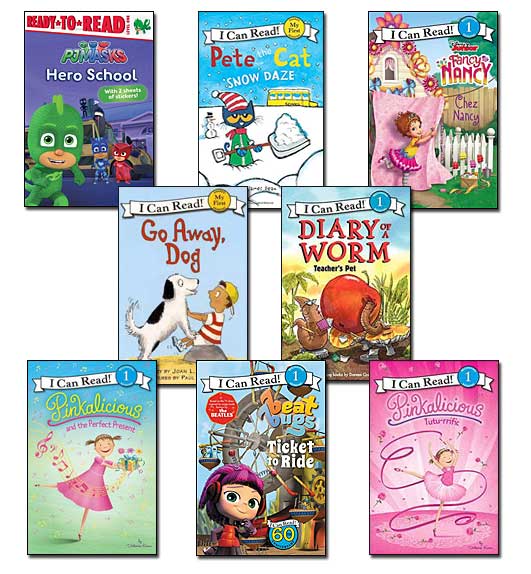
Guided Reading
(Fountas & Pinnell) Levels
If your child's school uses
Guided Reading (Fountas
& Pinnell), look herefor
books matched to your
child's exact reading level.
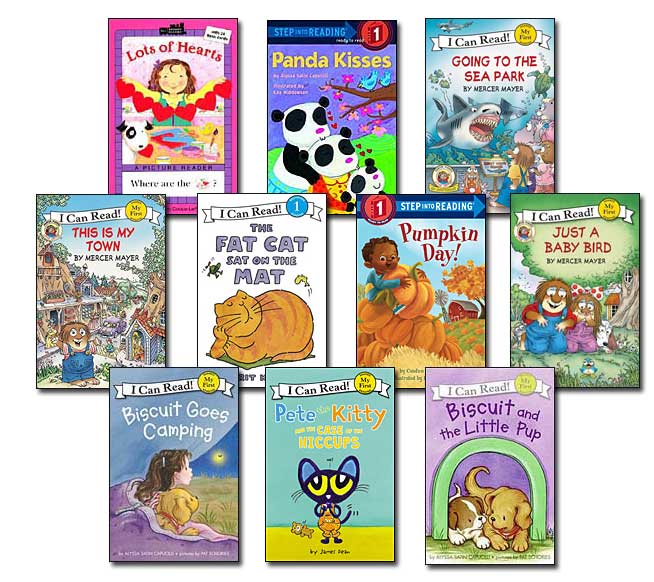
D.R.A. Leveling
System
If your child attends a
school that uses the DRA
leveling system, look here
for books matched to your
child's exact reading level.
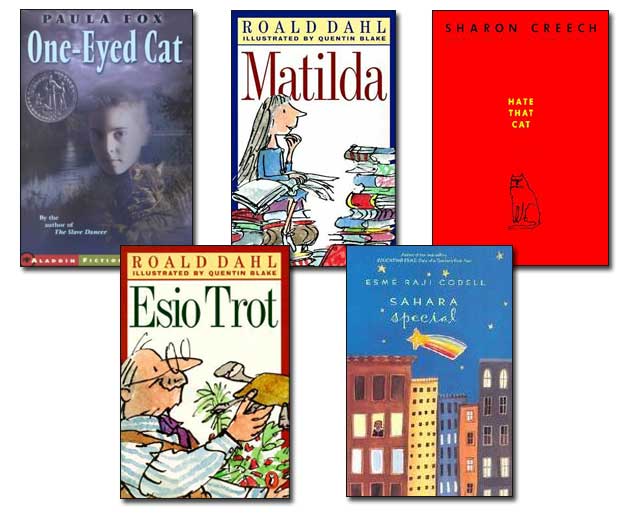
Accelerated Reader
Leveling System
If your child's school uses
the Accelerated Reader
leveling system, look here
for books matched to your
child's exact reading level.
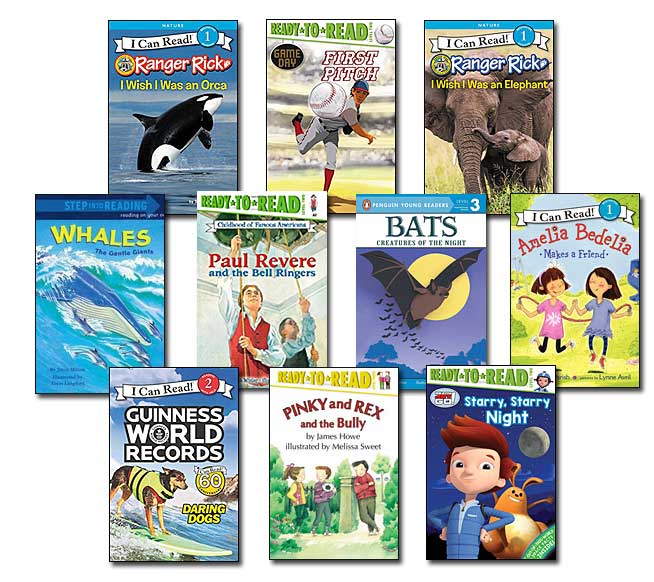
Lexile Leveling
System
If your child's school uses
the Lexile leveling system,
look here for books that are
matched to your child's
exact reading level.
Is it really that important to get the best children's books?
Isn't it just important to get books into the hands of children? Any old book will do? Definitely not! While fantastic children's books can spark a love of reading and learning, average or boring books can, sadly, have the opposite effect. Children who are repeatedly exposed to uninspired children's books eventually find reading, well, uninspiring. Quality matters! Picking the best children's books matters! Few things can generate more excitement about a subject than a clever, thought-provoking, beautifully illustrated children's book.
Let us help you find books to create that spark. We hope you have fun browsing!
Betsy, Cindy, and Virginia

